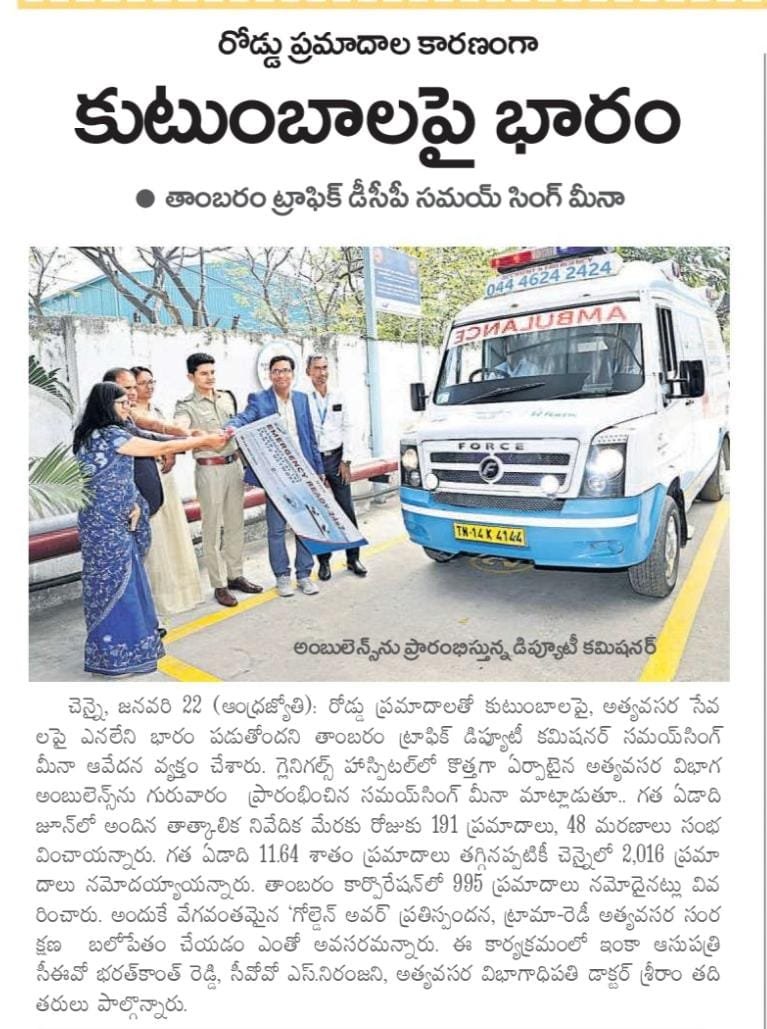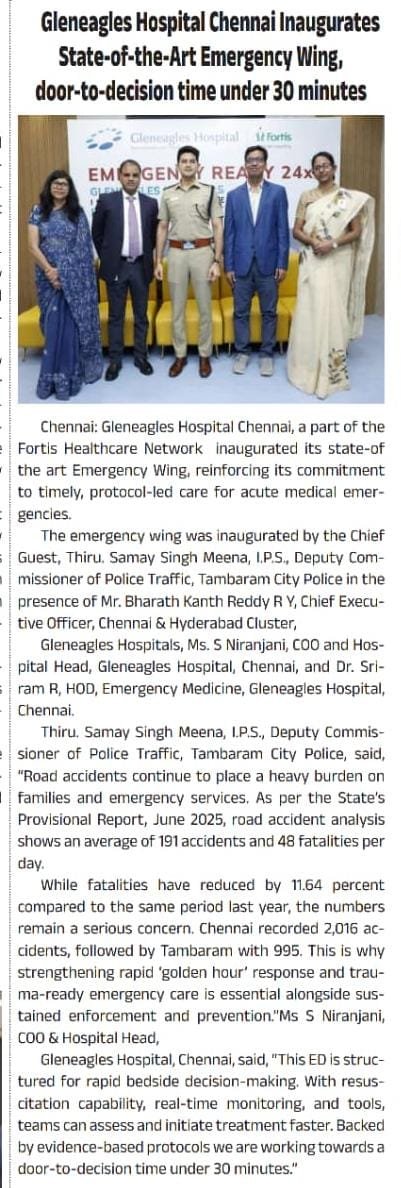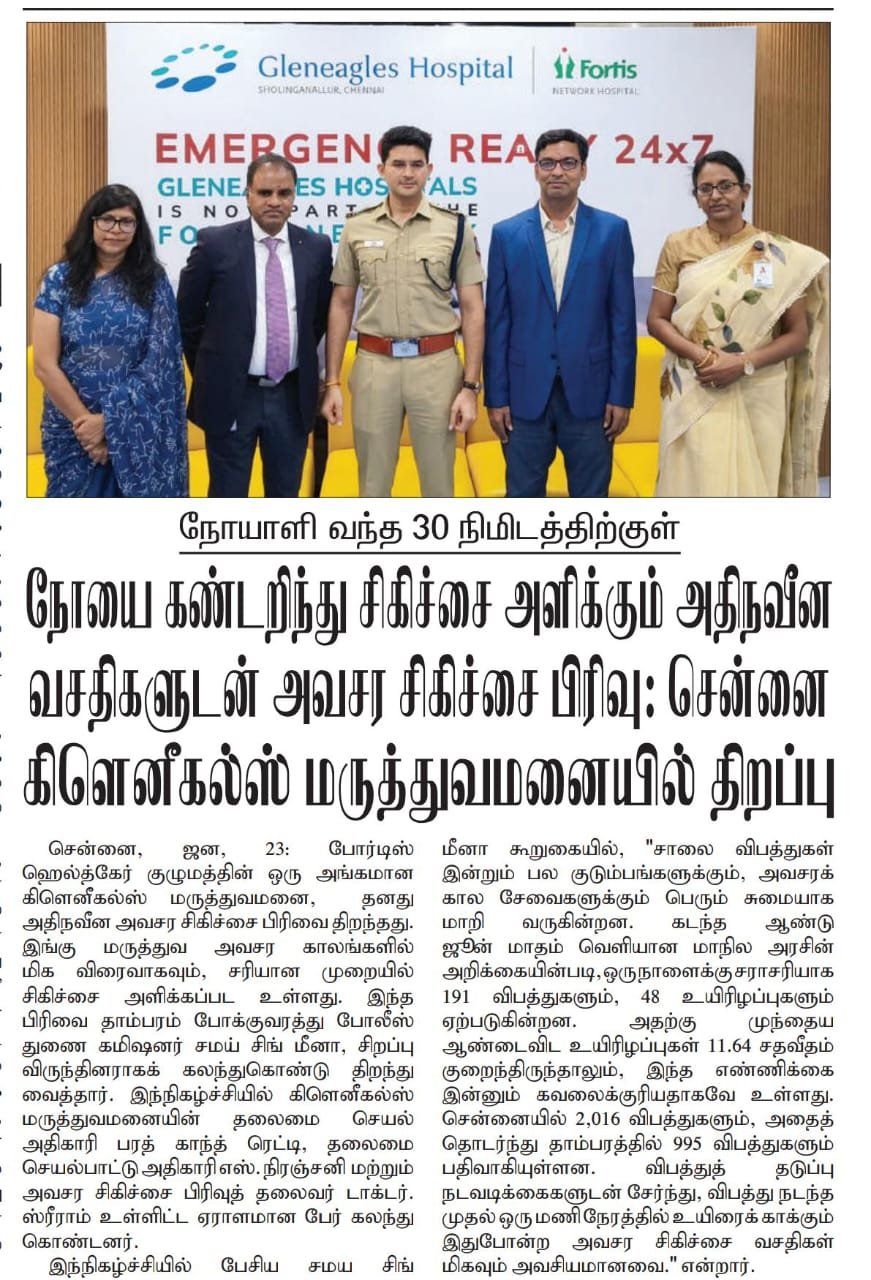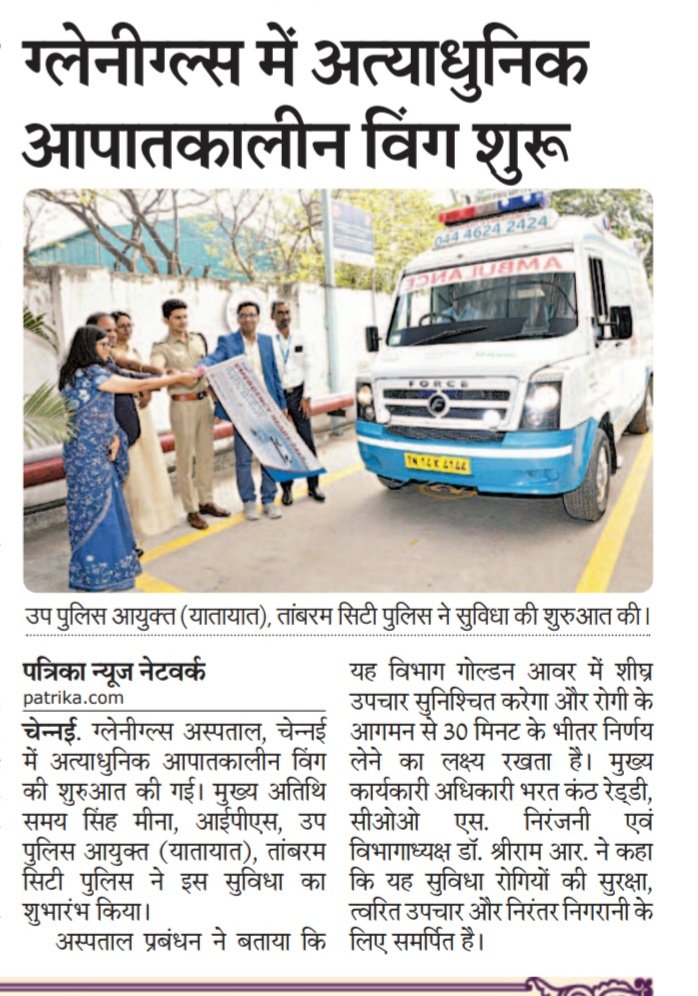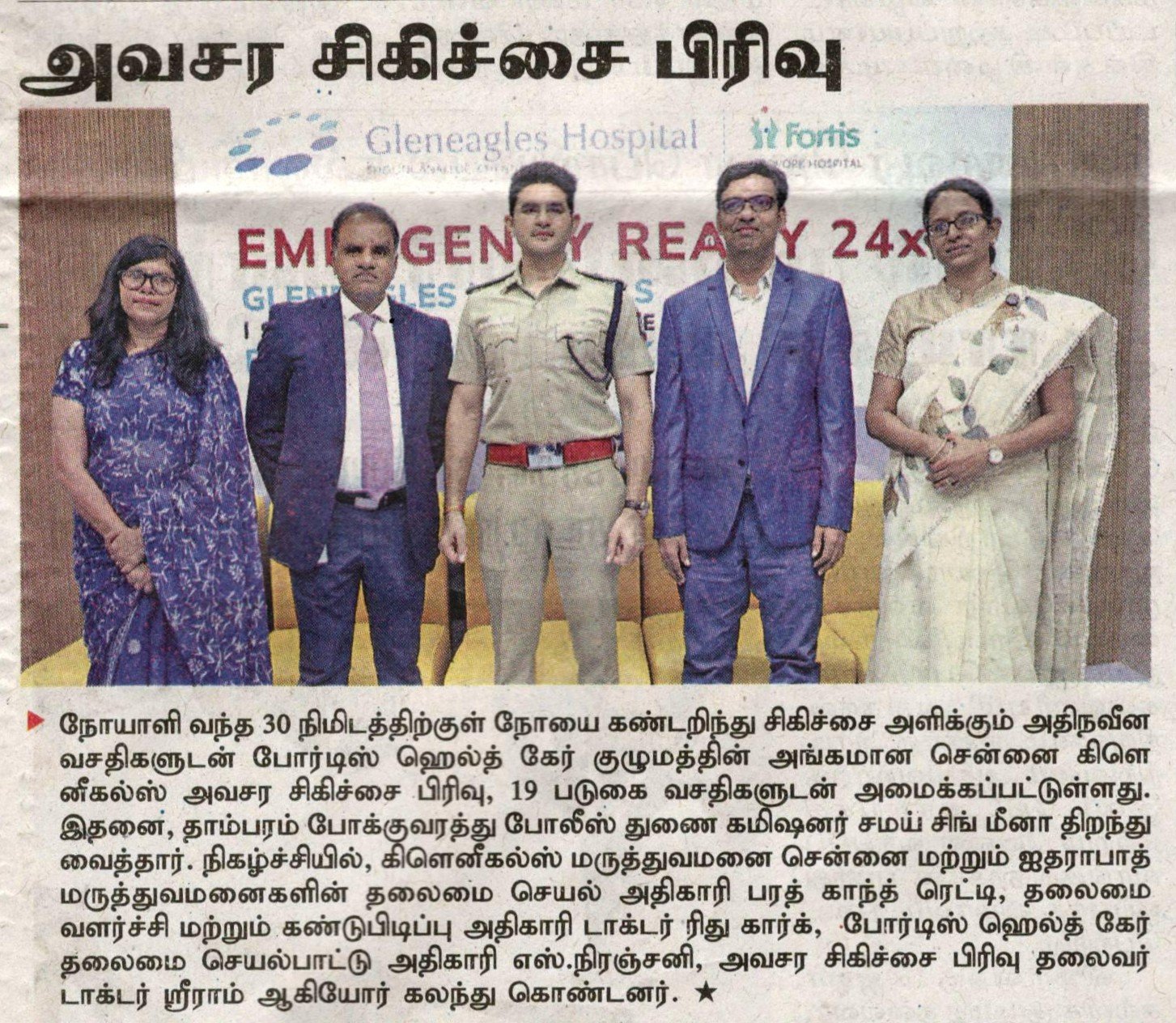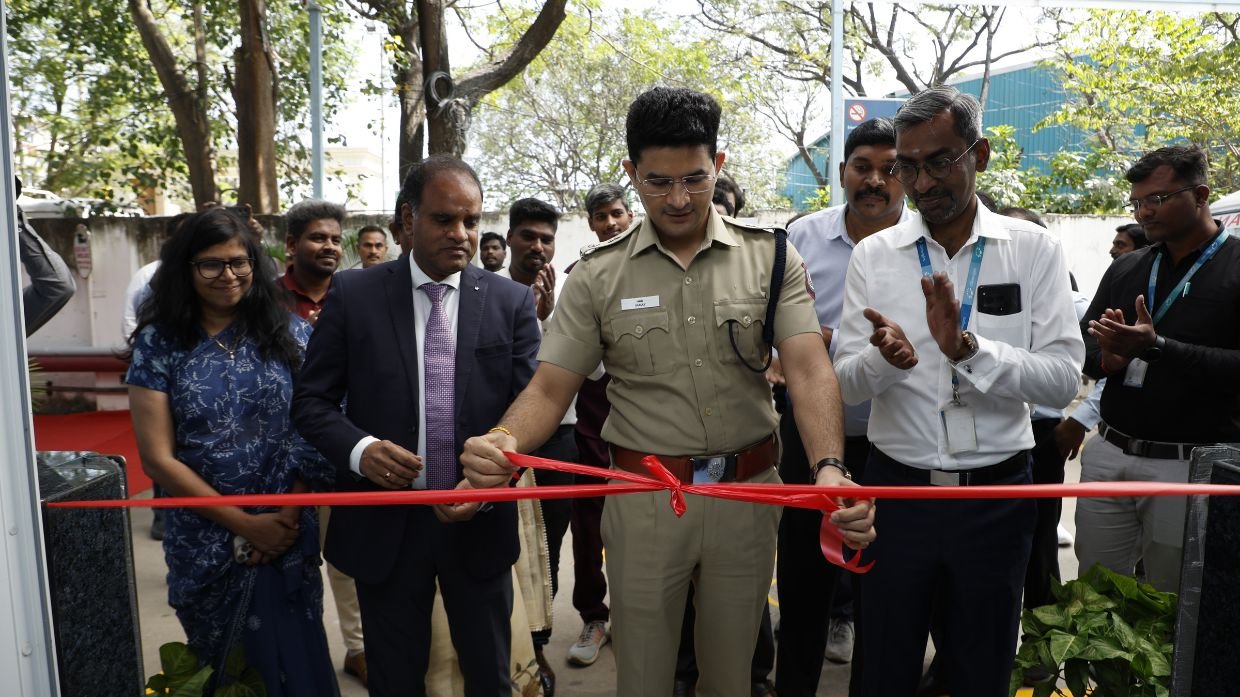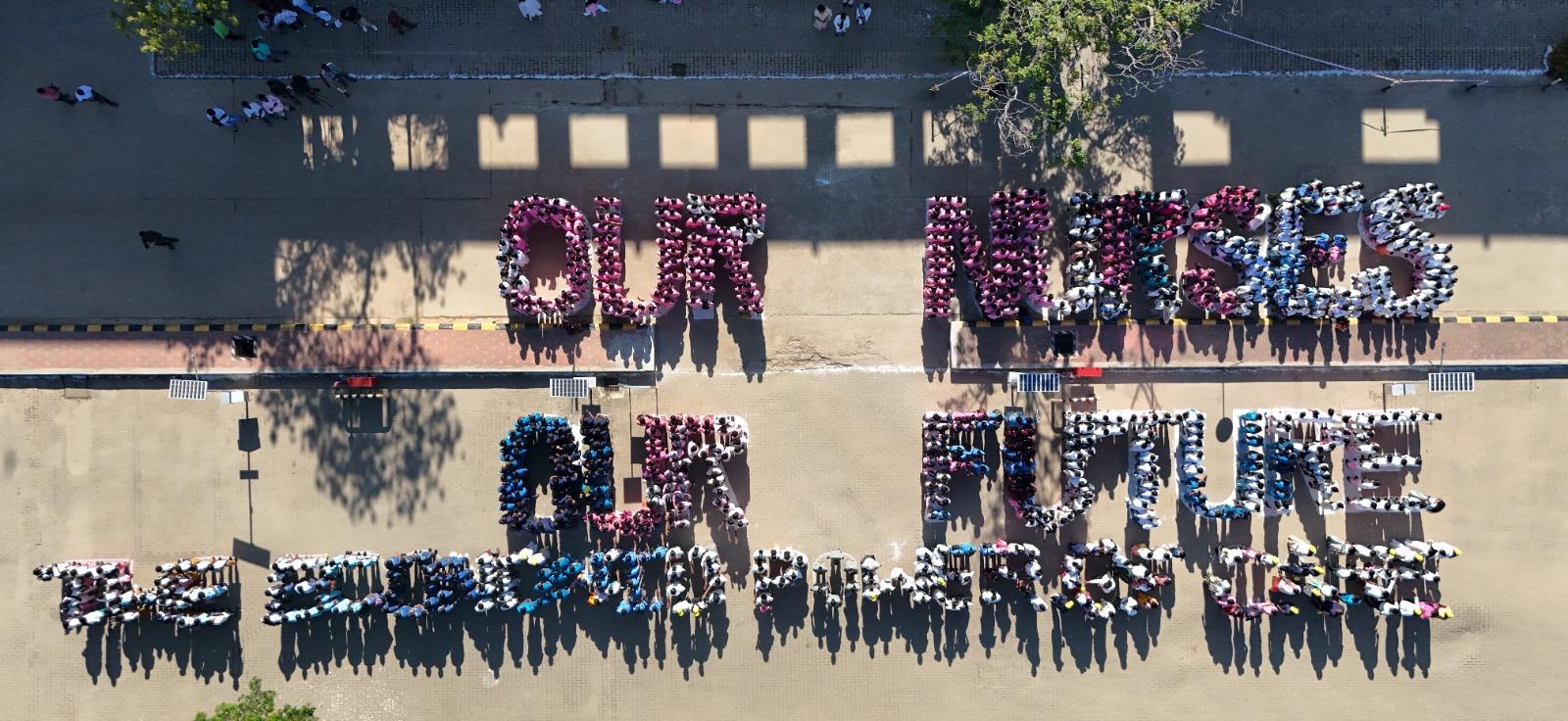Treatments Offered
You can consult with us for a simple evaluation or explore a wide range of infertility treatments. As one of the trusted hospitals in Chennai, our services are tailored to provide compassionate care and fulfill your hopes of having a child at any age. Some of our services include:
We have a team of experts and professionals to diagnose your problems at a very early stage. From testing to proper consultation, our advanced imaging tools help you get the best results.
To maximise the chances of successful pregnancy, we use high precision egg retrieval methods and embryo transfers for better outcomes.
Our team of surgeons and gynaecologists is here to address any issues in male partners as well. For example, we have sperm injection to boost sperm count or to improve the quality of the sperm.
Next, we offer fertility preservation programs, including egg, sperm, and embryo freezing for future use. These services are ideal for those looking to delay parenthood or preserve fertility before undergoing certain medical procedures.
We also have various donor programs for couples that need extra attention and care. You can get access to the best quality sperm, eggs and embryos.
Lastly, we always use the latest technologies and techniques to handle the preservation and fertility treatments such as blastocyst culture, assisted hatching, and preimplantation genetic testing (PGT) to double the chances of successful pregnancy.
Counselling is one of the critical steps in the IVF process. Our professionals offer tailored advice to assist couples in managing expectations, overcoming emotional stress, and making the right decisions.















